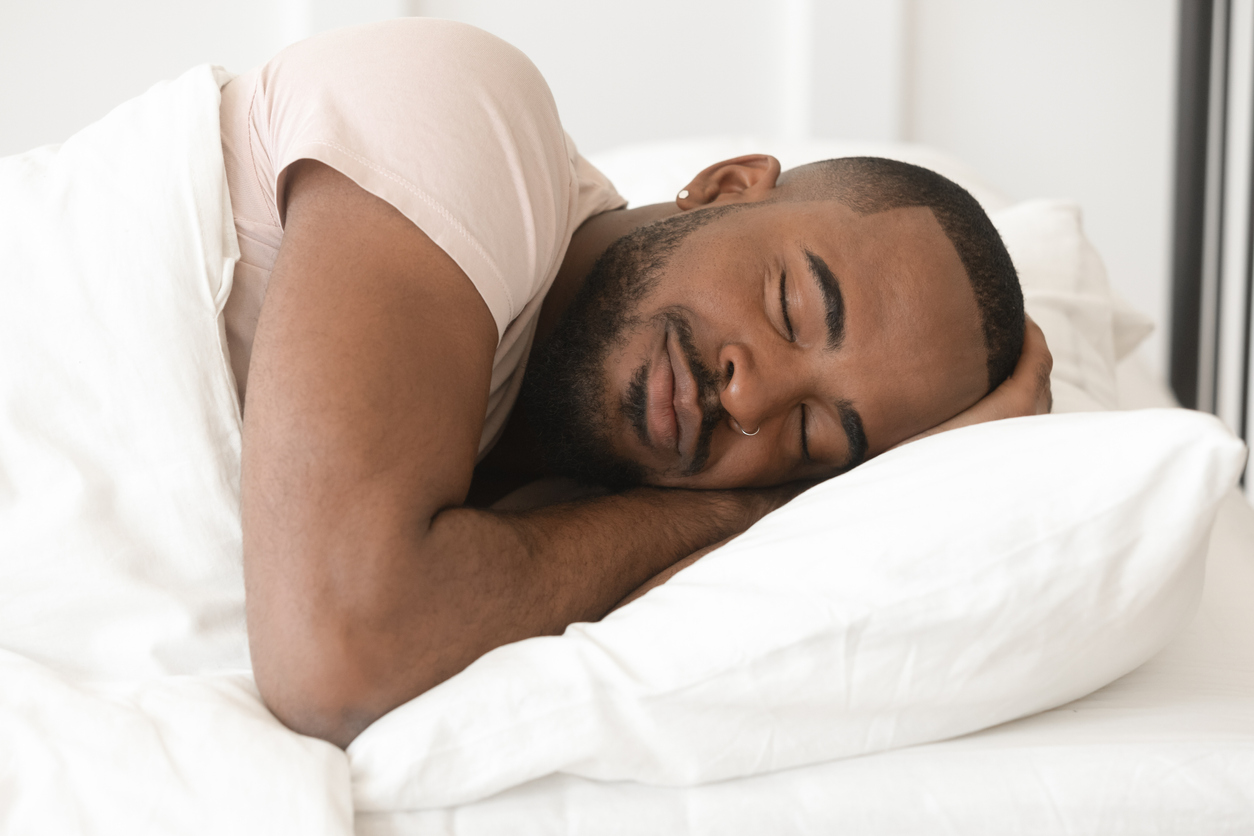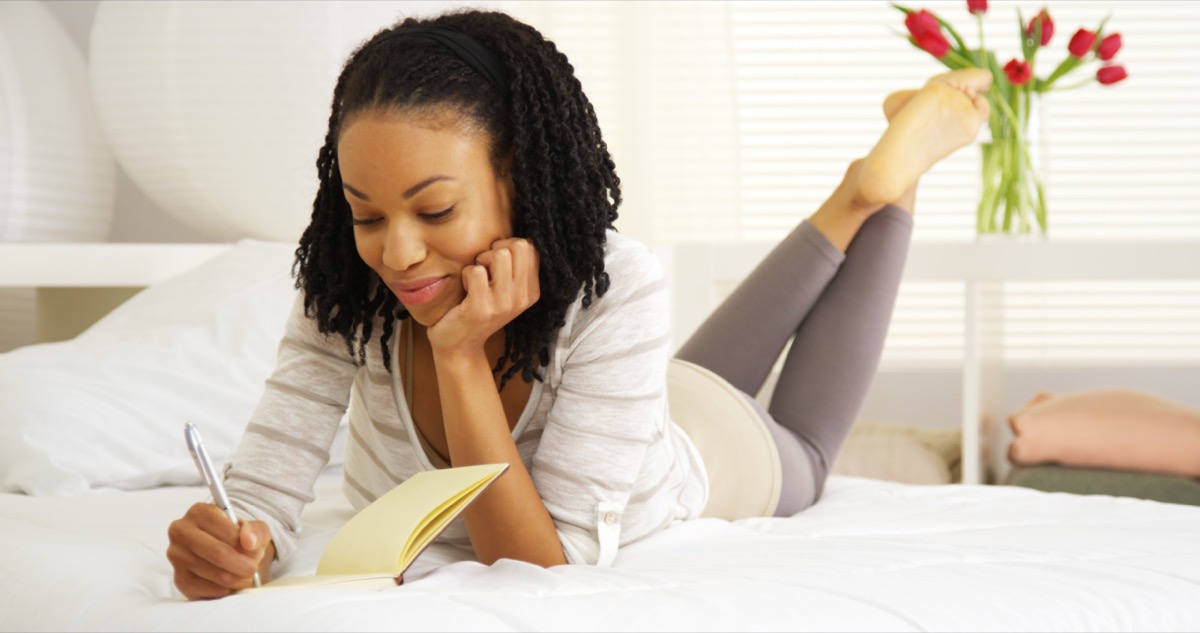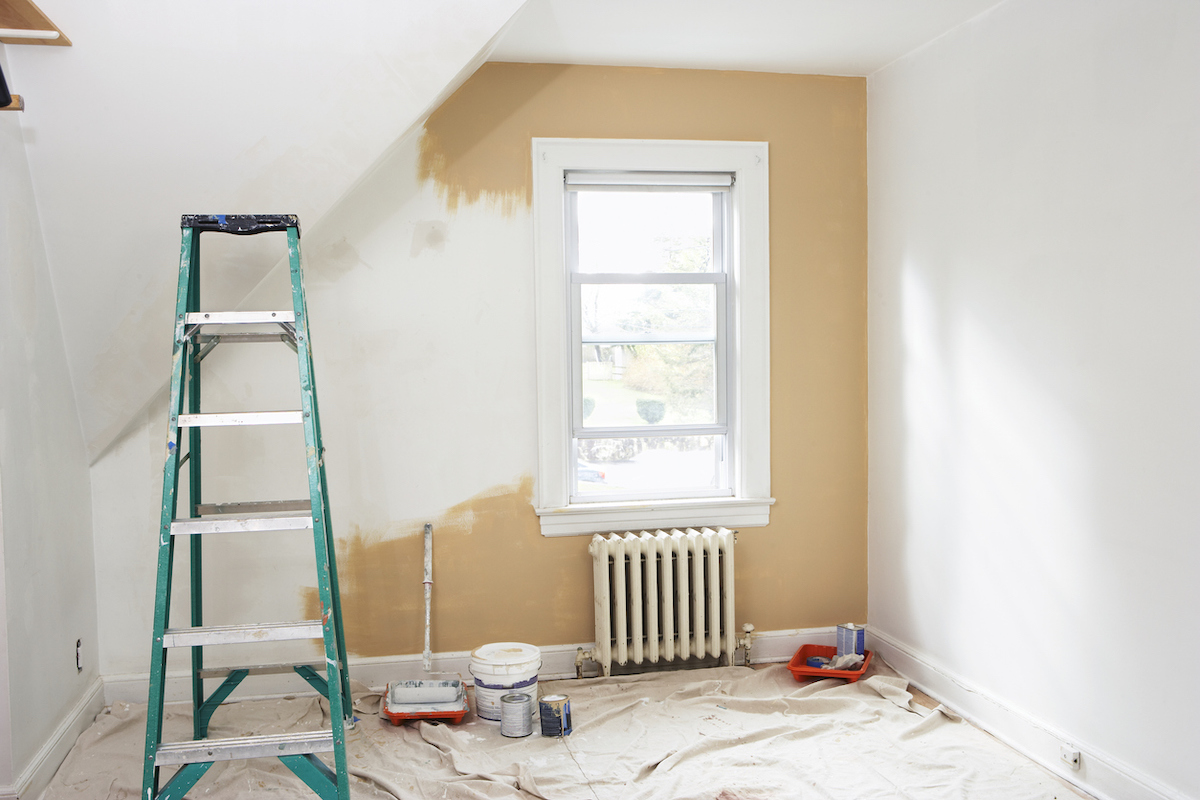A team of researchers from Sweden, Italy, and the U.S. analyzed 43,880 test subjects over the course of 13 years and measured their sleeping patterns on each day of the week. The analysis showed that for people under 65, sleeping five hours or less both during weekdays and on weekends was associated with a 65 percent higher mortality rate than those who consistently slept six or seven hours. However, “a higher risk was also observed for individuals with consistently long sleep,” the researchers note.ae0fcc31ae342fd3a1346ebb1f342fcb Additionally, “the mortality rate of individuals with short sleep during weekdays, but medium or long sleep over weekends, did not differ from the reference group rate.” So, what does that mean exactly? Less sleep during the week is not a risk factor for mortality if you sleep longer on the weekends. “This suggests that short weekday sleep may be compensated for during the weekend, and that this has implications for mortality,” the study authors explain. If you’re having trouble drifting off, read on for tips on how to sleep more easily than ever before. And for more on why getting to bed earlier is better for your health, another new study says Missing Just This Much Sleep Can Lead You to Gain Weight. You’re not alone in thinking those recently trendy weighted blankets are incredibly comfy: According to a recent study, using a weighted blanket when you go to bed can make you 26 times more likely to experience a 50 percent decrease in your insomnia compared to those who don’t use one. You’re also 20 times more likely to completely cure yourself of sleep issues if you use a weighted blanket. For the best results, experts recommend using one that’s at least as heavy as 10 percent of your body weight. As sleep and wellness expert Parinaz Samimi previously told Best Life, “[alcohol] may assist in helping an individual fall asleep, but it also interferes with what is considered ‘quality’ sleep.” This is because alcohol causes “REM sleep fragmentation,” when REM stage sleep is either shortened or extended, which causes a disruption in the overall sleep pattern of the individual. In other words: It might be best to skip that post-dinner glass of wine. And for more advice like this, here are 50 Tips for Sleeping Better Tonight, According to Experts. It’s not uncommon if you find your mind racing as soon as your head hits the pillow. A 2018 study conducted by the National Sleep Foundation found that test subjects who spent five minutes writing out a to-do list of things they needed to do the next day fell asleep significantly faster than subjects who wrote about other topics. So, if you’re having trouble dozing off, make some space for your organizer on your nightstand. Most morning routines include a trip to the shower to both clean off and wake up. But experts say that holding off on your daily cleaning ritual can actually help you doze off much faster if you take a 10-minute warm shower before going to bed instead. Added bonus? You’ll be clean of all the dirt, grime, and bacteria your body accumulated over the course of the day before you bring it into your sheets with you. And for more hygiene tips, find out The One Body Part You Should Never Clean, According to Doctors. Redecorating your bedroom may sound like a drastic measure to take to help you sleep better. But according to experts, painting your room an extreme shade—meaning it’s either too bright or too dark—can take a toll on your ability to rest peacefully. If you want your bedroom to be more calming, “explore neutrals, light shades of aqua, and golds,” celebrity home decorator Shani Moran previously told Best Life. And for more tips like these delivered straight to your inbox, sign up for our daily newsletter.




